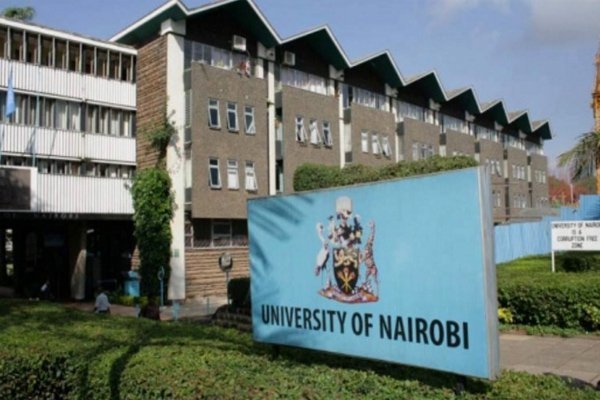
For individuals seeking a career in real estate, property development, valuation, or property management in Kenya, several reputable institutions offer specialized training, certification, and degree programs. These programs are designed to equip students with knowledge in real estate law, property valuation, investment analysis, land economics, and urban planning.
Below is a list of recognized institutions and colleges offering real estate-related education in Kenya:
1. University of Nairobi – Department of Real Estate & Construction Management
- Programs Offered:
- Bachelor of Science in Real Estate
- Master of Science in Real Estate
- PhD in Real Estate
- Highlights:
- Accredited by the Kenya Commission for University Education (KCUE)
- Offers practical and theoretical training in property development, valuation, and investment
- Affiliated with the Institution of Surveyors of Kenya (ISK)
2. Kenyatta University – School of Engineering & Architecture
- Programs Offered:
- BSc in Real Estate and Property Management
- MSc in Real Estate
- Highlights:
- Focus on sustainable development and urban land use
- Strong industry linkages with real estate firms and government agencies
3. Technical University of Kenya- TKU
- Programs Offered:
- Diploma and Bachelor’s in Real Estate and Property Management
- Highlights:
- Hands-on training with a focus on practical skills
- Affordable tuition and flexible learning options
4. Jomo Kenyatta University of Agriculture and Technology- JKUAT
- Programs Offered:
- BSc in Real Estate and Urban Planning
- Postgraduate programs in Property Development
- Highlights:
- Interdisciplinary approach combining real estate with urban development
- Strong research and innovation focus
5. Zetech University
- Programs Offered:
- Bachelor of Science in Real Estate Management
- Diploma in Real Estate and Property Management
- Highlights:
- Industry-aligned curriculum
- Blended learning options (online and on-campus)
6. Kenya School of Monetary Studies- KSMS
- Programs Offered:
- Short Courses in Real Estate Investment & Property Management
- Highlights:
- Ideal for professionals seeking certification and upskilling
- Focus on real estate finance, mortgage markets, and investment analysis
7. Real Estate Professional Bodies & Certification
These organizations offer professional certifications and continuing education:
- Institution of Surveyors of Kenya- ISK
- Offers professional accreditation for real estate surveyors and valuers
- Conducts exams and CPD- Continuing Professional Development programs
- Real Estate Developers Association of Kenya- REDAK
- Provides training workshops, networking, and policy advocacy
- Hosts real estate expos and certification forums
- Nairobi Real Estate School- Private Training Provider
- Offers short courses in real estate agency, property management, and investment
- Designed for brokers, agents, and aspiring investors
Career Opportunities in Real Estate- Kenya

Graduates can pursue roles such as:
- Real Estate Agent/Broker
- Property Manager
- Valuation Surveyor
- Property Developer
- Real Estate Consultant
- Investment Analyst
- Urban Planner
Tips for Choosing a Real Estate College
- Ensure the institution is accredited by the relevant Kenyan authorities e.g., KCUE, TVET Authority
- Look for industry partnerships and internship opportunities
- Check for alumni success and job placement rates
- Consider flexible learning options– weekend, evening, or online classes
Conclusion
📞 Start your real estate career today – explore these institutions and enroll in a program that aligns with your goals. Whether you’re aiming for a degree or a professional certification, Kenya offers diverse pathways into the dynamic world of real estate.
